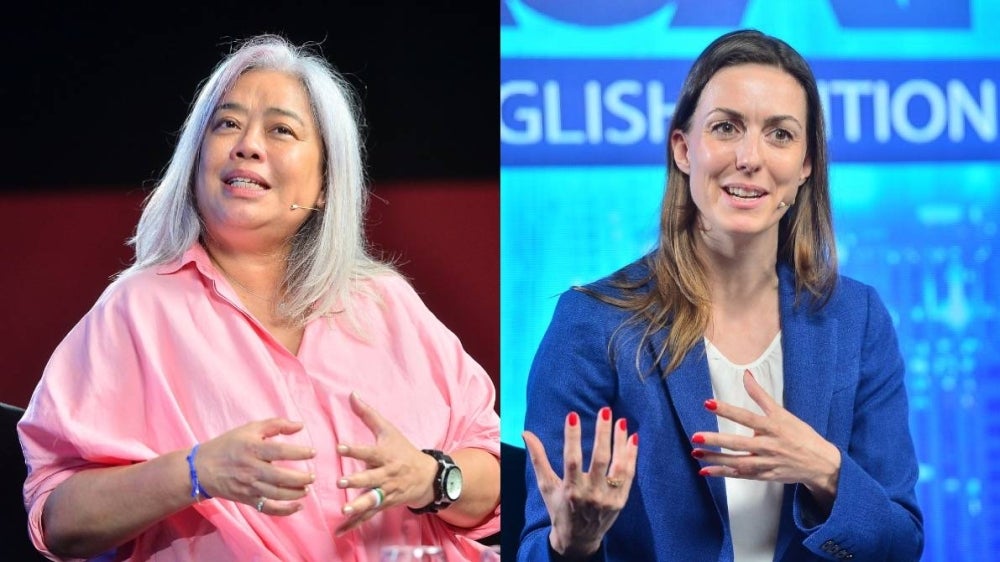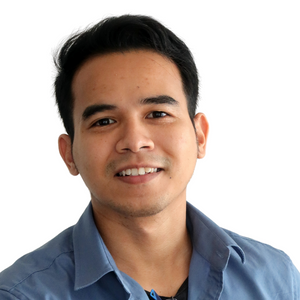Estimated 64,000 children end up in orphanages, many of which are unregistered

SHAH ALAM – Amidst an ongoing controversial trial on the abuse of an institutionalised orphan, Malaysia was revealed to have a shocking estimated amount of up to 64,000 children residing in orphanages across the country.
And what made it more tragic was that 90 per cent of these orphans are not parentless and that a lot of the institutions that they were admitted to were unregistered; thus allowing them to evade the government’s watchful eyes.
“Nobody knows how many children are in such institutions, but the estimate is between 50,000 to 64,000 children. That is a high number for this region,” said Unicef Child Protection Chief Saskia Blume during Sinar Daily’s Wacana English Edition talk show today.
“We need to look behind closed-door to ensure that the standard in these institutions is what they should be, and we should also look into why these children are in it because we don’t have between 50,000 to 64,000 orphans,” she argued.
During the talk show which delved on child abuse, Blume believed that the country’s social welfare system needed to be beefed up so that it can help poor families which had no choice but sent their children to orphanages due to their inability to care for their offspring.
“While we need to look at the children in the institution, we should also prevent more children from ending up at such institution,” said Blume who was one of the panellists at the talk show.
Fellow panellist, Datuk Dr Hartini Zainudin – the founder of the Yayasan Chow Kit charity – also echoed Blume’s remark, adding that 90 per cent of orphans in orphanages have families and next-of-kin.
“I run two shelters and I can tell you 98 per cent of the children in shelters have families; it’s just that the families either will not or could not take care of them for whatever reasons.
“And I believed that more family-based-care programmes should be implemented in the very homes of these families, so that their children do not need to go to institution,” said Hartini.
She also chimed in on Blume’s contention on unregistered childcare institutions, remarking about the perplexing situation of how such errant institutions can still exist despite their unlawfulness.
“We have all these religious, ‘pondok’ and ‘tahfiz’ schools that are not registered, have no child protection policies and are either run by religious council members or just anybody who wants to open such institutions.
“This happens because you don’t need to register them. You don’t need to register ‘tahfiz’ homes. Hence, there are no accountability.
“How do you open a home that is not registered? Why is it still open despite cases of children dying in these institutions? We don’t seem to care. This should not happen and yet it is,” Hartini lamented.













